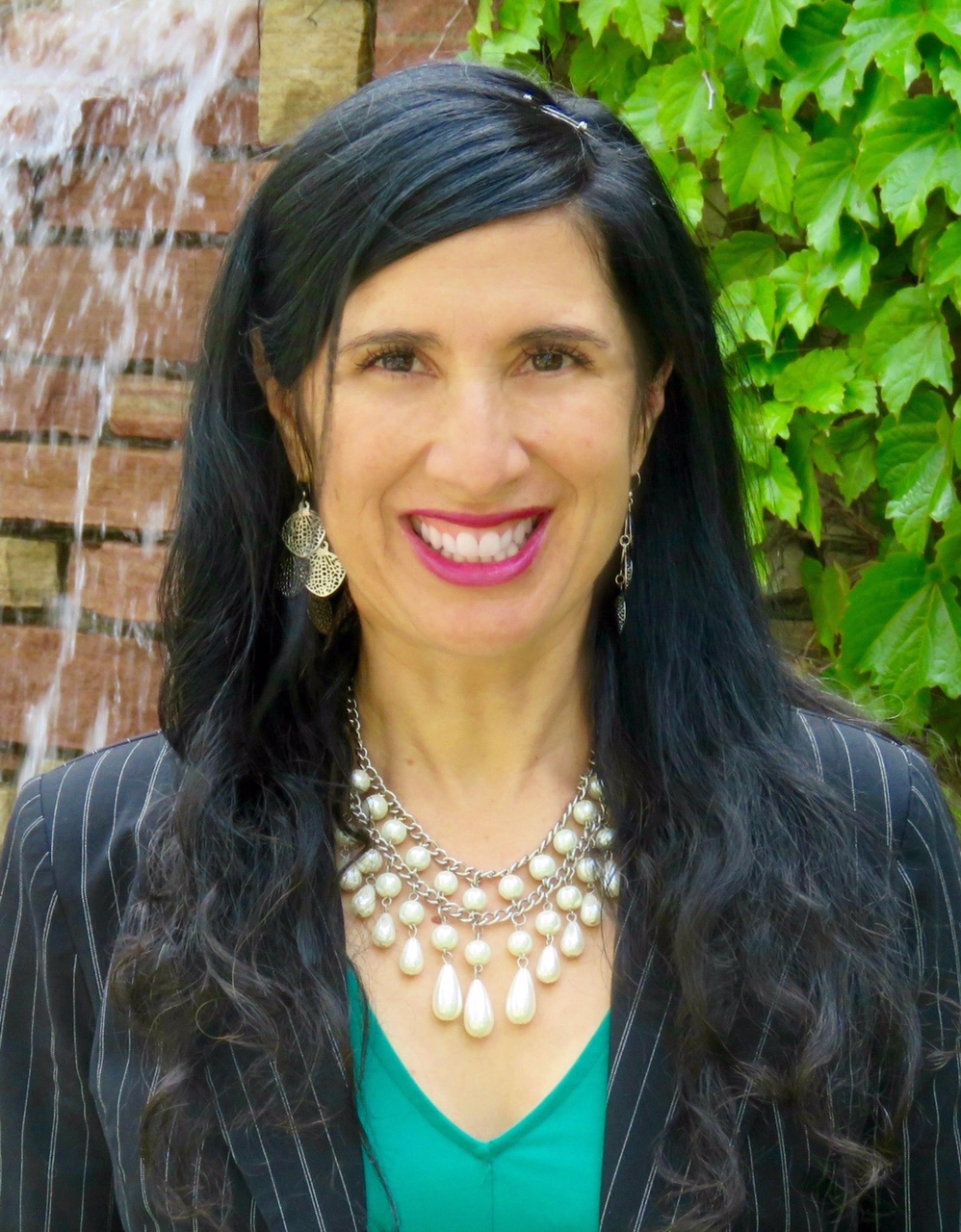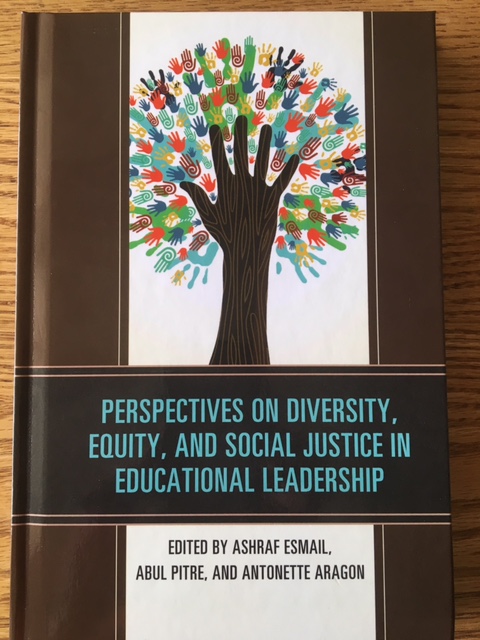
A CSU faculty member has co-edited a new book about addressing the national diversity gap between the student body and educational leaders in pre-kindergarten through 12th grade.
Antonette Aragon, an associate professor in the School of Education, co-edited Perspectives on Diversity, Equity, and Social Justice in Educational Leadership, a collection of essays published last spring.
In the book’s introduction, Jasmine Williams sets the stage by noting that minority students — most of whom are from lower socioeconomic families — now outnumber non-Hispanic white students, whereas the majority of teachers and administrators are white and middle-class.
“That gap means they may not understand each other,” Aragon says. “This book suggests putting social justice at the center of education, because it will have a ripple effect on how students are taught.”
Often, she explains, the students themselves are blamed when their performance lags.
“It’s easy to say it’s the students’ fault,” Aragon says. “What this book suggests is, let’s look at the system. If we play the blame game with the kids, we’re not looking at the whole picture.”
CSU alumna María L. Gabriel, a longtime educator in the Thompson and Poudre school districts, defines equity in Chapter 6 as “creating the real possibility for all students to experience high levels of success. Educational equity is the responsibility of all educators for supporting the high-level learning of all students, with thoughtful consideration and intentional increase to access and opportunity for students based on race, ethnicity, socioeconomic status, national origin, sexual orientation, age, religion, ability and gender.”
The collection of essays, published by Rowman & Littlefield, is the first in a new series from the National Association for Multicultural Education.
“This book serves as an excellent source for educational leaders to incorporate multicultural education in our schools,” says NAME founder Rose Duhon-Sells. “It provides and discusses effective strategies for leaders to ensure that all students are receiving equitable education opportunities.”
“Informed by theoretical approaches to transform schooling, these authors demonstrate the various ways in which education for social justice can be made tangible and concrete,” adds Francisco Rios, dean of the Woodring College of Education at Western Washington University. “This volume promises to be a must-read for those for whom the praxis of social justice in schooling is a compelling imperative.”

Aragon’s co-editors on the collection were Ashraf Esmail of Dillard University, senior editor for the Journal of Education and Social Justice and the International Journal of Leadership, Education, and Business Studies; and Abul Pitre, professor of educational leadership at Fayetteville State University.
The School of Education is in CSU’s College of Health and Human Sciences.